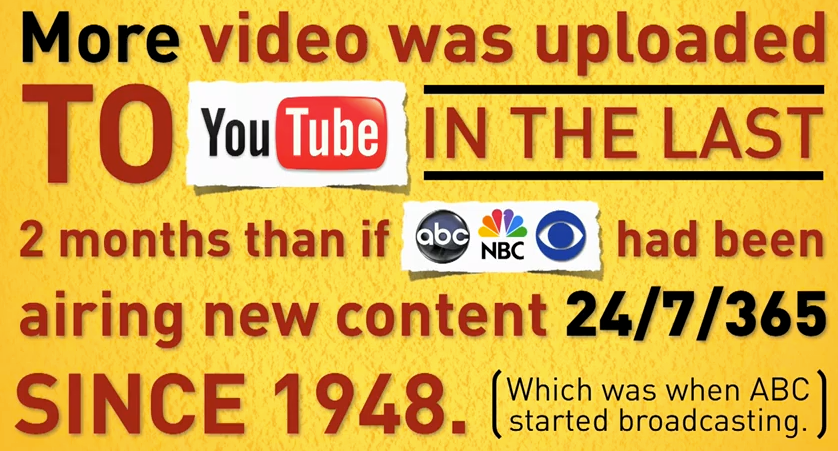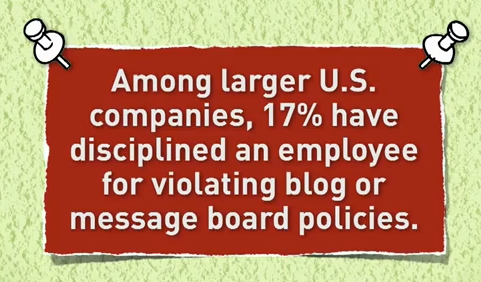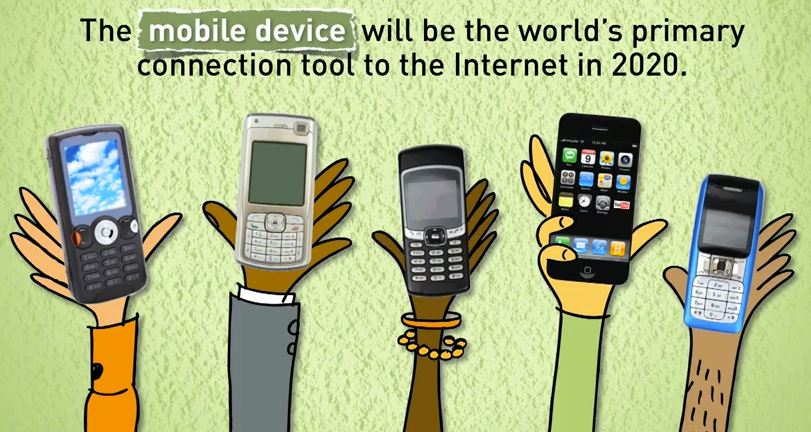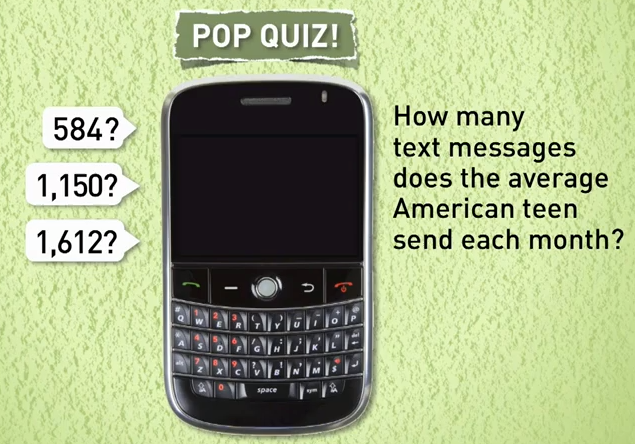In watching Did You Know 4.0, I selected a the following trends as examples that can impact digital citizenship. They have been categorized into different elements of information policy.
Information Literacy:
Information Literacy:
There is exponential growth in the amount of information available to people. This does not necessarily mean that all information is good. With the growth of digital advertising and the sheer volume of videos on Youtube (some excellent, some not), participants in social media may have a different purpose than some of us might expect. Social media is shifting the evaluation of information from the contributor (as with television networks, or publishers) to the user. It requires that users have skills which allow them to consider the intent and appropriateness of the information they encounter.
Poor judgement:
Poor judgement:
In these cases, users disregard policy. It seems that technology has depersonalized interactions, giving people the comfort to conduct themselves in ways they might not do in “real life.” I know many people who download music without paying for it, yet those same people would never walk into a store and steal a CD. In social matters, there are many people who “say” things online, but would never say such things in person. While policy is important, they are most effective when enforced.
Access/Connectedness:
Access/Connectedness:
I believe these two trends are exmplify the human need to be connected. To support this, one infographic stated that 2/3 of Americans sleep with mobile devices at their bedside (guilty). Mobile devices do what our computers did before and so much more, only today it fits in our pocket. The innovation of mobile devices allows people to be social, and access information and knowledge. I believe this innovation and easy access to information allows for learning to move away from solely knowledge and on to more complex problems. Schools must embrace this need for connectedness, and leverage it to support communities in learning. Just like many social media tools, I don’t think they can be entirely regulated. Students will do inappropriate things, and policy must enforce those situations. Policy should support their use as a complement to the current system.
xplanevisualthinking. (2009). Did You Know 4.0. [video]. Retrieved from http://www.youtube.com/watch?v=6ILQrUrEWe8
Miller, A. (2012). Your first date with online PR [infographic]. Retrieved from http://www.prmarketing.com/blog/your-first-date-with-online-pr/
xplanevisualthinking. (2009). Did You Know 4.0. [video]. Retrieved from http://www.youtube.com/watch?v=6ILQrUrEWe8
Miller, A. (2012). Your first date with online PR [infographic]. Retrieved from http://www.prmarketing.com/blog/your-first-date-with-online-pr/






